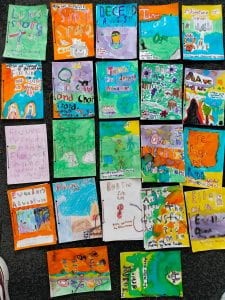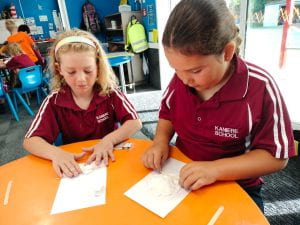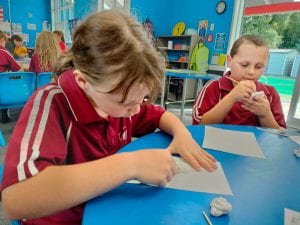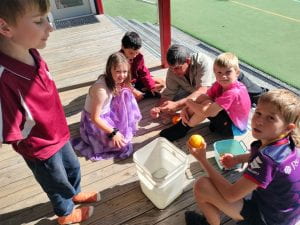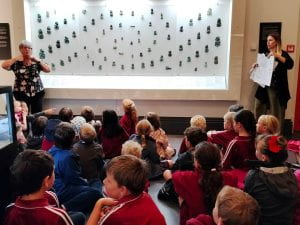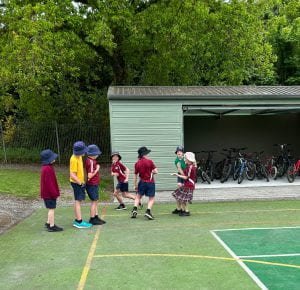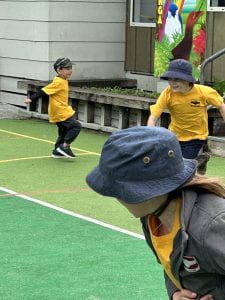I’ve noticed that plays are the most popular type of text in our school journal. Tamariki often get excited and enjoy the actions and funny dialogues between characters. So, I thought—why not write our own play scripts?
To begin with, we focused on reading a variety of plays to familiarise ourselves with this type of text. We studied the main features of a play script, such as a character list with brief descriptions. We also learned that each character’s name should be written in a different colour to help readers follow along easily. Finally, we brainstormed several possible plots for our stories.
I’ll upload the template—and the extension—we followed here.
Next, tamariki gave it a go at writing their own play scripts – and I was amazed by what they came up with! We had mountain bike adventures, space missions, crime investigations, and so much more. Some ākonga even decided to team up and write a play together. You can see their script here: Play Script Writing Thomas and Lachlan.
Check out a few other play scripts created in Piwakawaka
A long day – by Evander McGarvey.
Sirenhead attacks – Written by Tane Paku
Steve and Alex’s adventures – Written by Felix Irin.
What play would you like to be presented at assembly?
I hope you enjoyed either writing or reading our play scripts.
Ka kire
Miss Cabral.







